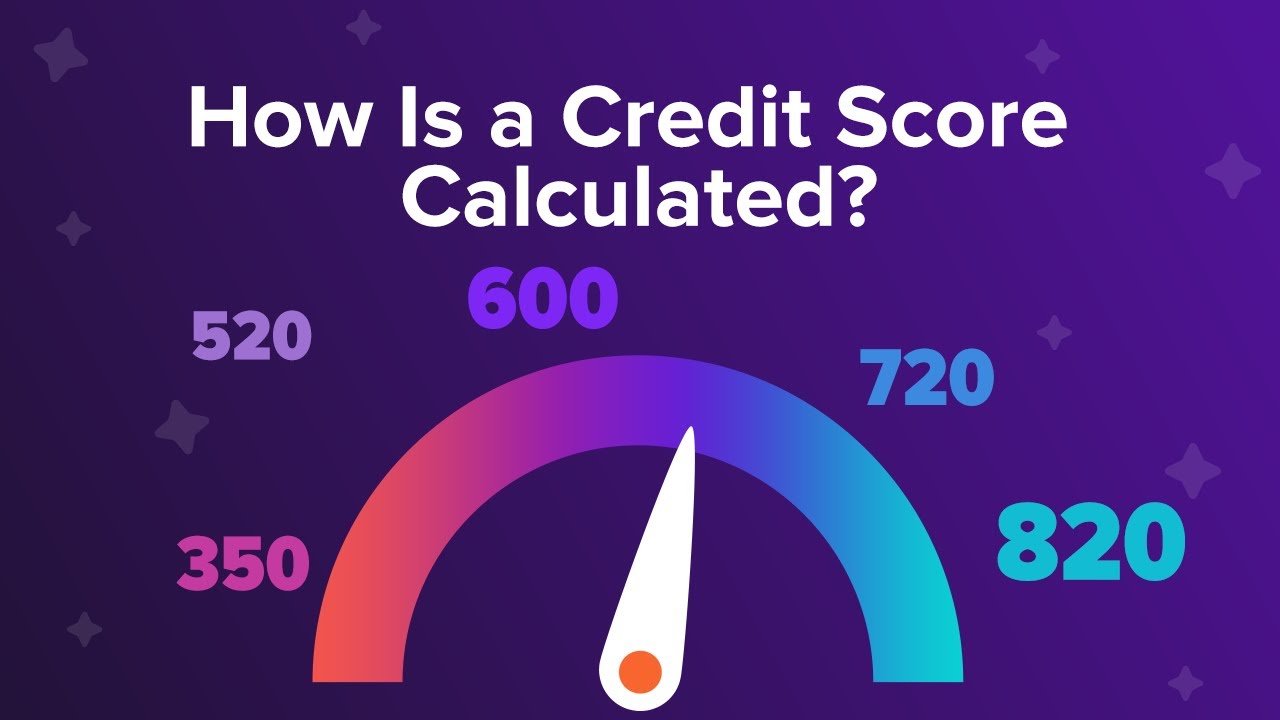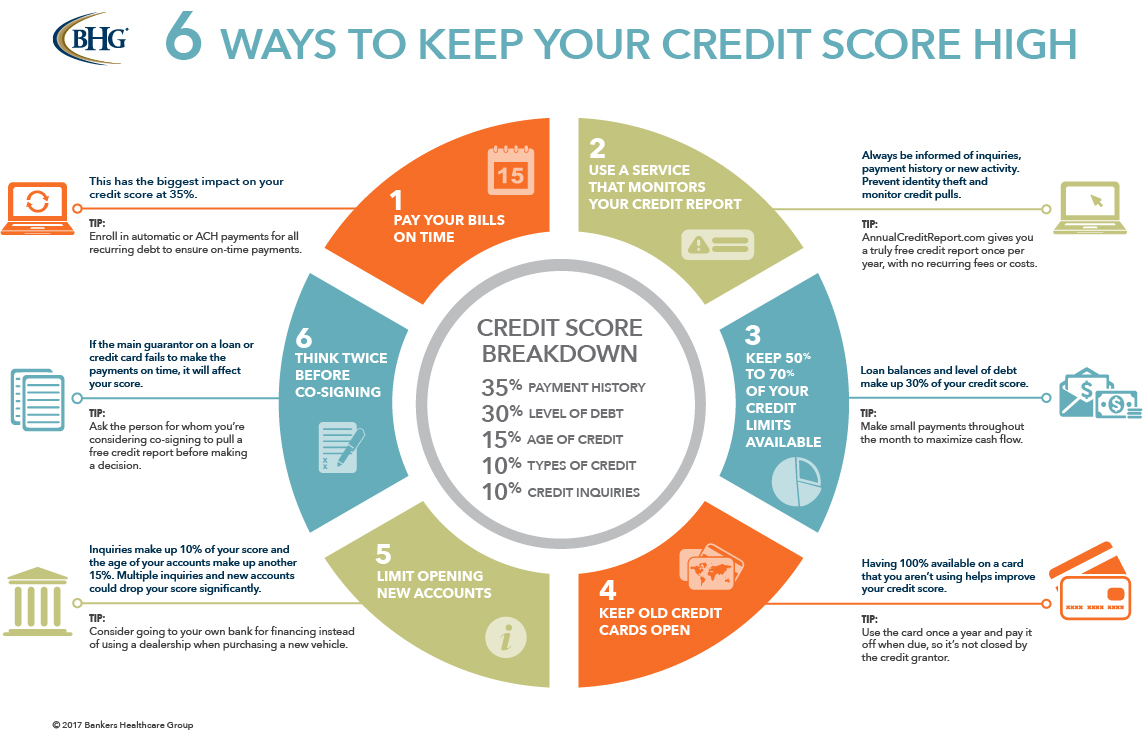
You're not the only one curious about your Fico score. FICO's scoring algorithm has been modified many times over the years since its introduction in 1989. FICO is regularly updated and lenders use it to decide whether you should upgrade your FICO rating. Below are some facts you should know about FICO scores.
Payment history
There are many factors that determine your FICO score, but two of the most important are your payment history and credit utilization. Both these factors are affected by the amount you owe in relation to what you have. Your credit mix is also a factor. It describes how many accounts and loans are available to you.
Payment history is most important among all of these factors. This information is used by over 90% of lenders to evaluate a borrower’s creditworthiness. It is essential to pay on-time on all accounts, current and old. FICO research has shown this to be the best predictor of someone's ability repay debt. Collection accounts and bankruptcy are part of a person’s payment history and can harm their scores.
Accounts owed
FICO scores are derived from data contained in credit reports. They are broken down into several categories based on the amount of debt a person has and how often they've made payments. This is because it shows how well a person paid their debts over time. Accounts owed shows the amount of money a person owes, as well as how many times they've made late or missed payments.

Fico scores as well as accounts owing are closely tied, since each one can affect another. High balances do not necessarily indicate that you are in serious financial trouble. A high percentage can indicate that you have too much debt. This can make it more difficult to pay your monthly bills.
Credit history length
Credit score can be affected by many things, including the length of credit history. The longer your credit history is, the better. Lenders look for long-term payment records. Lenders also look at the frequency with which you have opened new accounts. Lenders may be concerned about your ability to repay new debt if it is not paid on time.
Your score can be affected by the age and history of your accounts, but it isn't as important as other factors. Although it's possible to score low without much history, a longer history will result in a higher FICO score. Your age can also impact the importance of other factors that affect your score.
Credit mix
The best way to improve your Fico scores is to diversify your sources of credit. This means taking out loans of various types, such as revolving accounts. A combination of revolving and installment credit is the best credit mix. Even if your credit score is low, any combination of these types of accounts can increase your FICO Score.
Open a credit card, in addition to your installment and revolving accounts. This type of revolving credit can improve your credit score, which will be essential for future loan applications. If your credit rating is still low, it's best to not apply for too much credit cards. Rejections can cause damage to your credit score.

New credit
Your new credit score is a part of your credit report that contains information about new credit accounts. A new credit account is any account that you have opened in six to twelve consecutive months. If your application has been denied, your score may be affected. This information can also affect eligibility for new credit cards, or loans.
More than 80,000,000 consumers are expected to be affected by the new scoring model. Some consumers will experience increases in their scores, while others will notice decreases. The changes will have a significant impact on those who fall behind with their loan payments. Personal loans have the highest risk, as they do not require collateral.